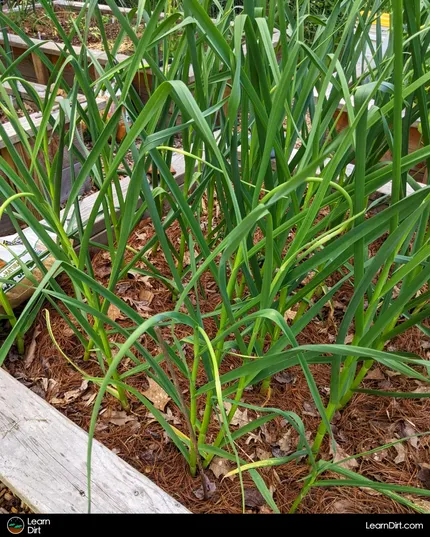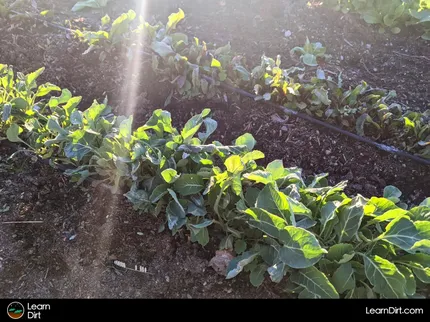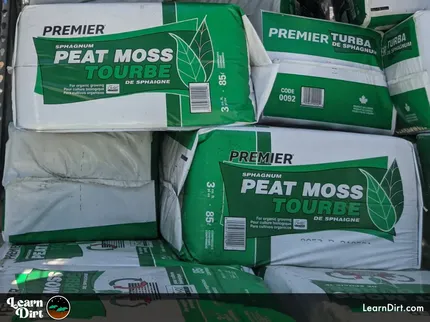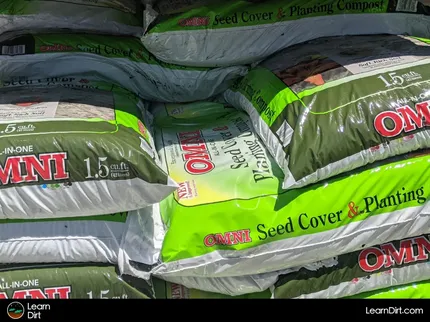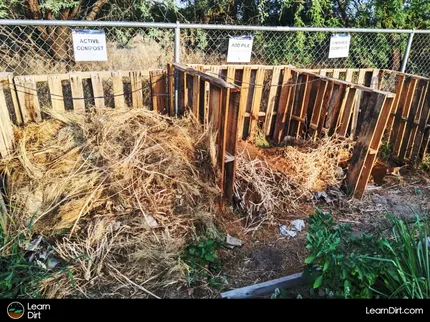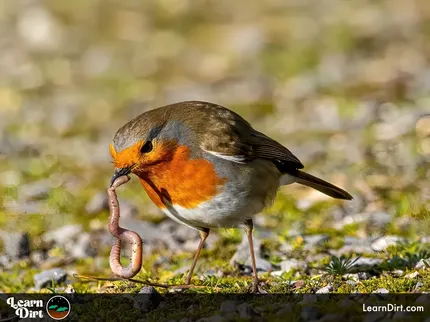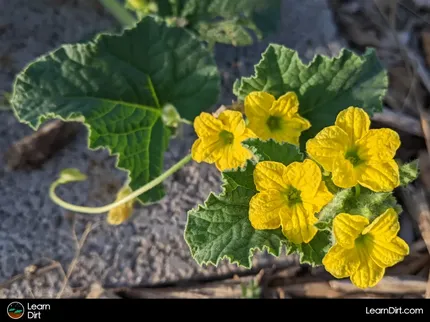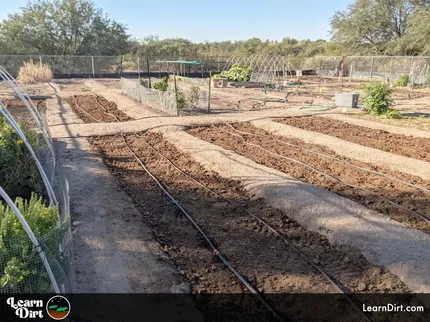Table of Contents
* Our articles never contain AI-generated slop *
Also known as "worm farming", vermiculture is a great way to turn your organic food scraps into garden gold.
What Is Vermiculture?
Most gardeners love seeing worms in their soil, breaking down nutrients and pooping out rich black castings that feed plants, improve soil structure, moisture retiontion, nutrient availability, and more.
Lots of gardeners also buy bags of worm castings to amend to soil for these same reasons, especially in regions where worms are not native - like where I grow in the desert Southwest (US).
Disclaimer: This post may contain affiliate links. Refer to the privacy policy for more information.
Many gardeners also make their own compost, giving their food scraps, yard waste, leaves, grass clippings, shredded cardboard, and garden prunings a second life as a high-quality soil amendment.
Did you know that you can combine all af these things into one? That's where vermiculture comes in!
Creating your own worm farm is simple and inexpensive, and allows you to produce your own worm castings while also breaking down all your organic waste more rapidly than in a traditional compost system - it's the best of all worlds
How To Use Worm Castings
Now that you've got yourself a thriving worm colony that's producing castings - how do you actually use the stuff?
Let's take a look at some of your options:
Amend Into Soil
You can apply worm castings to soil as you would any other amendment, mixing it into seed-starting and potting soil mixes, or working it into the top couple inches of established soils.
Join The Grower's Community
A free & open space for anyone who is passionate about cultivation 🌱
Check It Out!
Top-Dress
For no-till systems with established soils, a simple top-dressing of worm castings and then a watering is sufficient.
The layer of castings will slowly seed its way domn into the topsoil, and will eventually be mulched over numerous times until it becames a constituent layer of the soil.
In this "lasagna-style" soil-building method, frequent top-dress with a layer of castings creates rich pockets in your soil that promote plant health and vigor.
Make Worm Tea
Worm tea is a probiotic and nutrient-rich brew, bubbled up from the worm castings that your werm farm produces.
By adding water, sugar (often in the form of molasses) and oxygenating the mix (using an air stone or bubbler) you can feed the aerobic bacteria present and cause their growth rate to explode.
This makes your worm castings even more powerful of a garden probiotic & fertilizer.
Because worm tea is a liquid, it can be sprayed on leaves as a foliar feed for quick absorption, or applied to soil as a drench that reaches the root zone faster than a typical application of castings would.
Check back soon for a guide to brewing worm tea!
That's all for now, thanks for reading!
If you have any questions, comments, or would like to connect with fellow gardeners, head on over to the forum and post there.
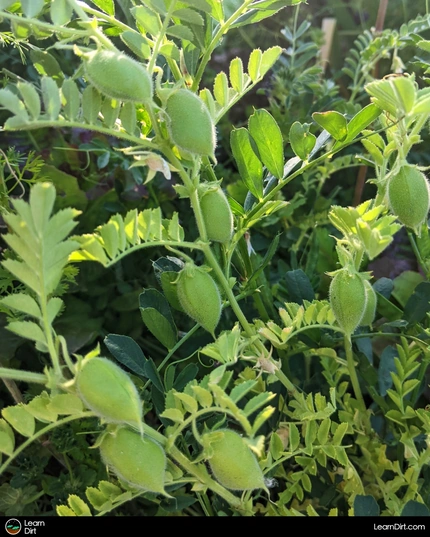
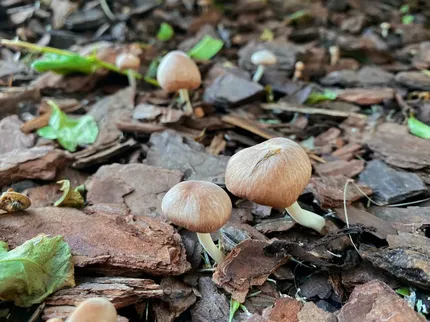
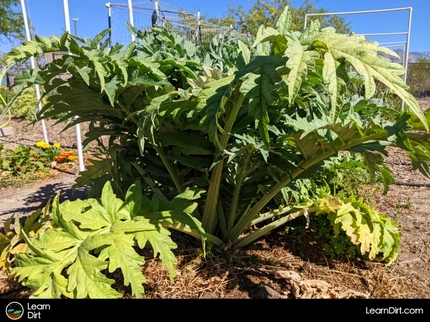
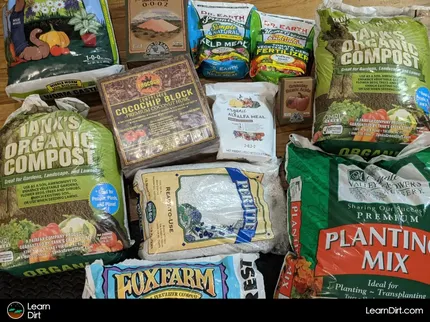
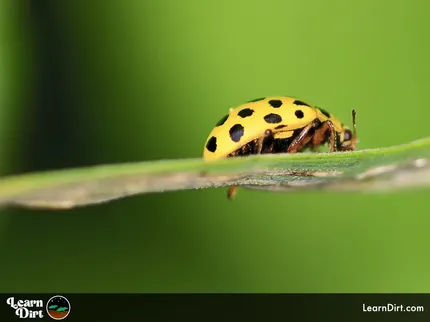
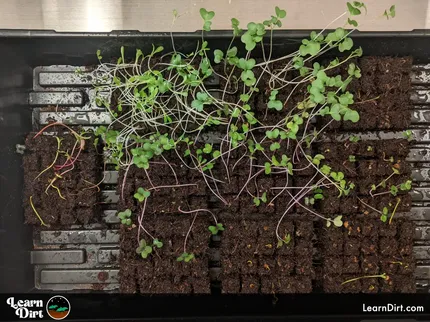
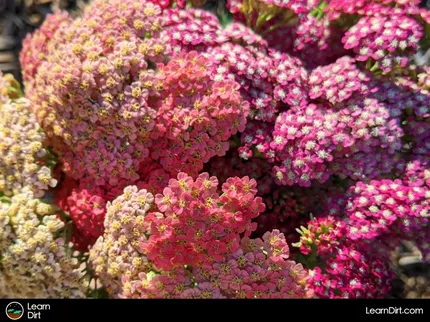
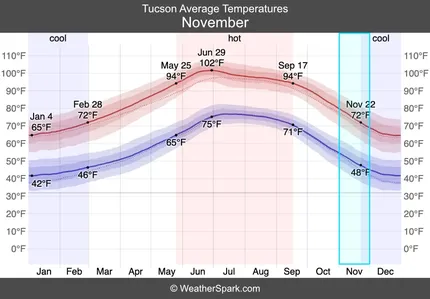
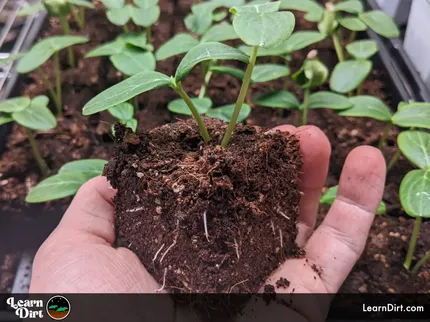
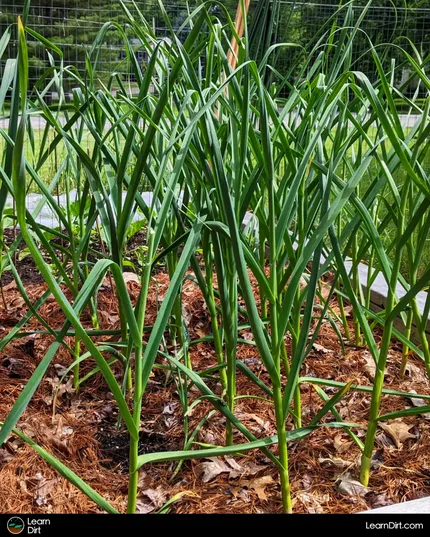
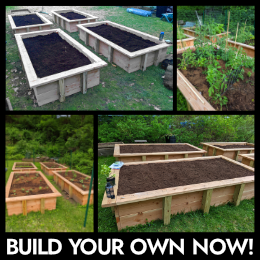

![Don't Till Away Your Carbon [Taffy] Sticker](/media/product_images/dont-till-away-your-carbon-[taffy]_sticker_260x260.png)
